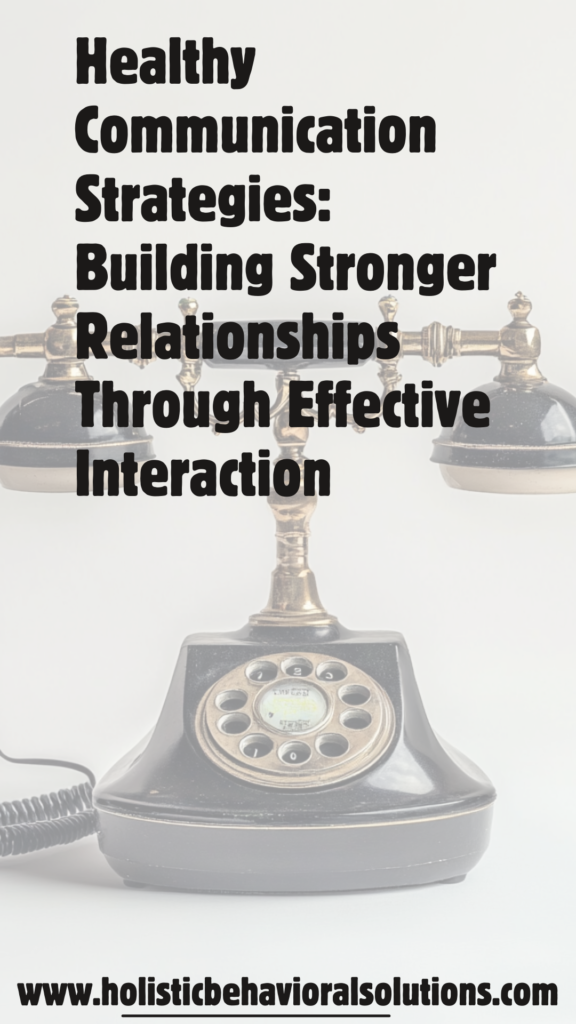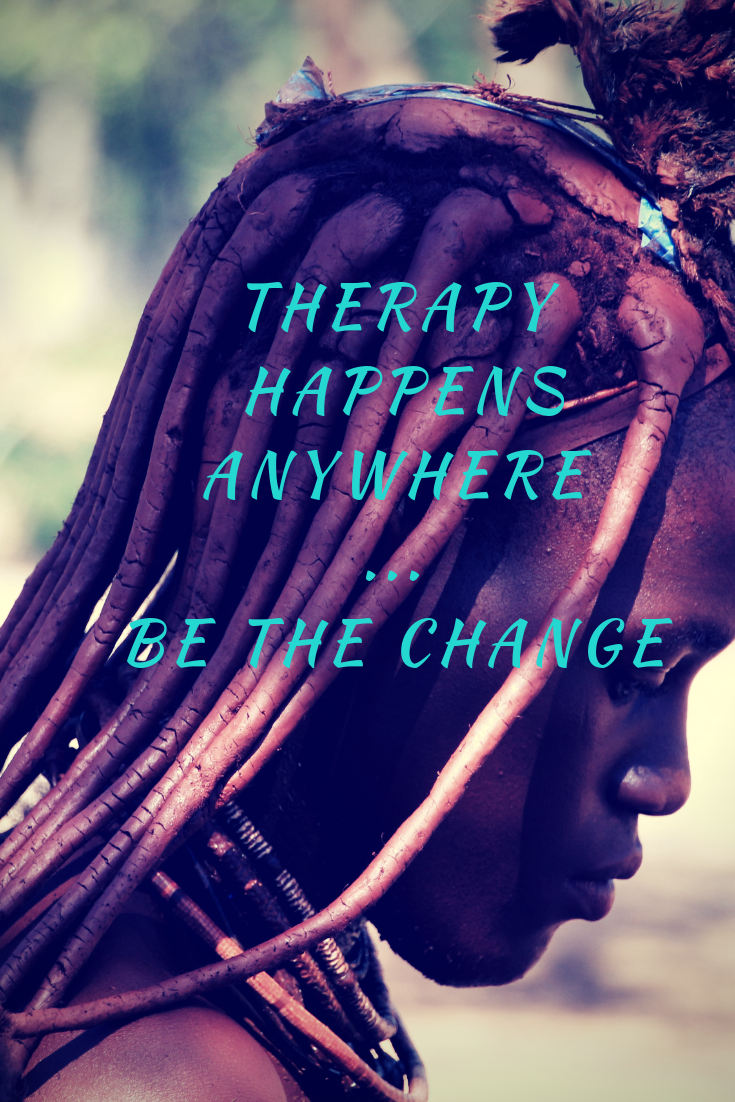
Commuincation Strategies: Good communication is the foundation of every healthy relationship—whether at home, in your workplace, or within your community. Improving how we express ourselves and how we listen to others can transform our relationships and boost emotional resilience.
As a therapist serving clients across New Jersey, I’ve seen firsthand how small, intentional shifts in communication can lead to meaningful change. Below are research-backed strategies and therapeutic tools that can help you foster stronger connections and healthier dialogue.
1. Active Listening: The Heart of Healthy Communication
Active listening is more than hearing words—it’s about tuning into the speaker’s emotions and perspective. This approach builds empathy, trust, and mutual respect.
How to practice active listening:
- Put away distractions and give your full attention.
- Reflect back what you hear using paraphrasing.
- Validate the speaker’s emotions with simple acknowledgments.
This technique alone can shift the tone of any relationship. Want to dive deeper? Check out our guide on Active Listening Techniques for more ways to build this skill.
2. “I” Statements: Speak From Your Experience
When conversations get tense, using “I” statements helps lower defensiveness and keeps the dialogue productive.
Try this shift:
- Instead of: “You never listen to me.”
- Say: “I feel unheard when I’m talking and would really appreciate more attention.”
This subtle change communicates your needs without blaming, opening the door to understanding. Explore more Effective Communication Techniques to strengthen your emotional language.
3. Nonverbal Communication: What You’re Saying Without Words
Our tone, body language, and facial expressions speak volumes—often louder than the words we choose.
Nonverbal cues to be mindful of:
- Posture: Open and relaxed signals approachability.
- Eye Contact: Builds trust and shows you’re present.
- Tone of Voice: A steady, calm tone keeps the conversation grounded.
Becoming more aware of your nonverbal habits can significantly improve how others receive your message. Learn more in our post on Nonverbal Communication Skills.
4. Empathy: The Core of Meaningful Connection
Empathy allows us to truly connect with others by understanding their emotional experience.
To practice empathy:
- Step into the other person’s shoes—how would you feel in their situation?
- Listen without judgment or interruption.
- Acknowledge their emotions—even if you don’t agree.
Empathy doesn’t require agreement—it requires presence. Building this skill helps reduce conflict and deepen relationships. Discover more in Developing Empathy in Communication.
5. Conflict Resolution: Turning Disagreements Into Growth
Conflict is natural—but how we handle it determines whether it brings us closer or pulls us apart.
Healthy conflict strategies:
- Stay calm and self-regulate before responding.
- Focus on resolution, not blame.
- Accept differences when needed—agreeing to disagree can be progress.
According to research by Gottman & Silver (2015), the way couples handle conflict is a better predictor of relationship success than how much they fight. Learn more in our guide to Effective Conflict Management.
Communication and Wellness Go Hand in Hand
Clear, compassionate communication helps us feel seen, heard, and valued. But it’s also easier to practice when we feel emotionally balanced and mentally focused.
At The Holistic Store, we offer a range of natural supplements designed to support mood, cognitive function, and emotional well-being—for adults and kids. From stress support to focus enhancers, we’re here to help you show up with clarity and calm in every conversation.
PS: Are you a culturally competent IIC clinician passionate about making a difference? Our New Jersey practice is expanding, and we’re hiring! Check out our Careers page for opportunities to join a team dedicated to inclusivity and impactful communication.

